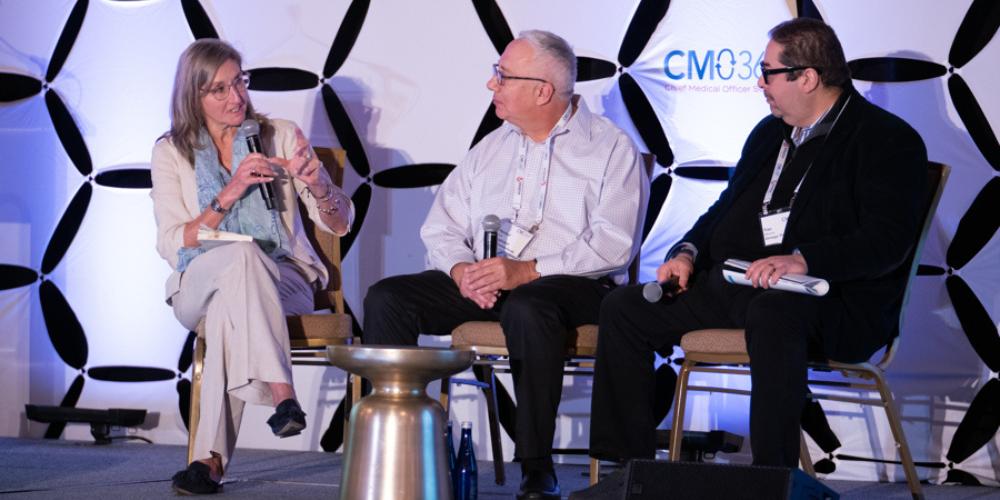
The AI revolution is unfolding faster than the internet boom of the 1990s. As AI agents rapidly enhance innovation, speed and efficiency across functions, businesses are unlocking long-promised productivity gains. But as machines take over more tasks, the need for distinctly human qualities — especially empathy — becomes more urgent.
AI may be powerful, but it is impersonal. Leadership, culture and sustained performance still depend on human connection, trust and inspiration. That’s why organizations focused on high performance, including private equity firms, are investing in empathy upskilling — not as a feel-good initiative but as a hard-edge differentiator.
"As machines take over more tasks, the need for distinctly human qualities — especially empathy — becomes more urgent."
Empathy begins with deep self-awareness and extends to understanding how customers, teams, competitors and stakeholders feel and behave. It shapes how leaders communicate expectations, instill confidence, course-correct with credibility and celebrate wins.
Organizations rich in empathy outperform those that rely solely on metrics and pressure. Outperformance doesn’t come from table-pounding — it comes from building belief, coaching with authenticity and creating environments where people feel seen and supported. David Ricks, CEO of Eli Lilly, exemplifies this: His humility and openness earn trust from every level of the company — a key reason he stands out in CEO of the Year evaluations.
"As the AI revolution accelerates, the edge won’t come from algorithms alone. It will come from leaders who know when to lean into data — and when to lead with heart."
Empathetic leadership also fuels innovation. It enables psychological safety, encourages bold ideas and peer-to-peer team spirit, and drives faster execution. Emotional intelligence, once seen as optional, is now essential.
Business acumen is the baseline — but leaders who pair it with empathy inspire accountability, loyalty and performance that exceeds expectations. As the AI revolution accelerates, the edge won’t come from algorithms alone. It will come from leaders who know when to lean into data — and when to lead with heart.
In this article










